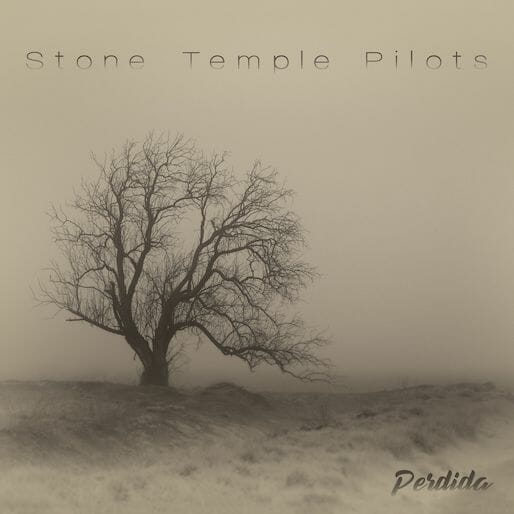Stone Temple Pilots Finally Deliver What They Were Always Capable of on Perdida
The legendary ’90s band return with an acoustic record that showcases their wide-ranging influences

It’s a cruel fact of life that even the most accomplished creative figures get reduced to thumbnail-sized descriptions that don’t capture the full range of their careers. Stone Temple Pilots are no exception to this rule, but they ended up in that boat more or less by their own doing. After all, the Southern California quartet conquered the mainstream in the ’90s, at least initially, by pandering to the prevailing alt-rock tastes of the day with guitar stompers like “Plush” and “Vasoline.” So if you envision STP as a bunch of calculating trend chasers who jumped on the grunge bandwagon with their 1992 debut album Core, that’s because the band did an uncanny job of disguising its most unique attributes.
Almost 30 years later, those attributes are on full display with the band’s new acoustic album Perdida. With its seamless blend of country, British and Mariachi folk, orchestral pop and the soft rock that dominated the AM radio dial in the ’70s, Perdida (which means “lost” in Spanish) finally delivers on the stylistic breadth that STP have hinted at over the years but never quite fully explored. By the same token, the band had gotten so comfortable working within its own established sound that it can openly reference familiar touches from old hits without dulling the freshness of the new material. We could say Stone Temple Pilots have come a long way, but that’s not entirely accurate.
Outwardly, guitarist Dean DeLeo’s chunky riffwork on Core followed the de-tuned Seattle blueprint while late vocalist Scott Weiland appeared to mimic a who’s-who of then-popular singers including, at various points on the album, Soundgarden’s Chris Cornell, Guns N’ Roses frontman Axl Rose and (most infamously) Pearl Jam’s Eddie Vedder. Unfortunately, Weiland’s chameleonic tendencies obscured the breathtaking versatility and crystalline power of his voice, as well as his Bowie-like tendency to change guises almost from the inside out. Legendary MTV cartoon characters Beavis and Butt-head offered the following response to the video for “Plush,” Core’s breakout hit:
“Is this Pearl Jam?” asked Beavis.
“Yeah,” answered Butt-Head in his usual deadpan, “Eddie Vedder dyed his hair red.”
-

-

-

-

-

-

-

-

-

-

-

-

-

-

-

-

-

-

-

-

-

-

-

-

-

-

-

-

-

-

-

-

-

-

-

-

-

-

-

-








































